EMF Consulting and Safety: On the Importance of Instrument Calibration
EMF Testing Consulting & Instrument Test Calibration
When quoting a job or project to a customer, a question that comes up from time to time is:
“Are your meters calibrated?”
An understandable query, but the answer may surprise you.
EMF consulting is a specialty field that most of my clientele have very little familiarity with and it is wise to try and ascertain if you are getting good data for the money paid.
However, my extensive technical experience covering over 25 years in several interdisciplinary fields (including 10 years experience and certification in the calibration of instrumentation) has given me a rather unique perspective and stance about the relevance of this question.
My short answer is that as long as it is a digital meter of semi-professional grade or better from a reputable company and is in proper working order from the date of purchase, observing calibration intervals (which are usually a holdover from the old analog days) is not as important as some may think PROVIDED that the meter is known to be initially accurate within a certain % depending on the application. Very often, you can perform a cross-check with other meters and as long as they are in close agreement, that indicates proper operation.
The only exception to this is if:
- The particular meter/model is known to have serious accuracy / unpredictable performance issues such as one model I discuss on this site.
- Damage from impact, fluid intrusion or a corroded battery has or is suspected to have caused operational issues to the sensors / internal electronics.
This may sound unprofessional or even contradictory to other post on the importance of using a high quality meter, but I have pondered this issue for a long time and I can give a number of strong reasons for this position:
1) Unless you are doing actual research grade work, (such as in academia or R&D) are calibrating other instruments, or you are performing mission critical work (such as an infusion pump dispensing medication to a patient in a hospital) you simply don’t need the absolute best accuracy to accomplish the mission of the instrument.
Close is good enough for almost any application of EMF surveying.
For instance, if an EMF meter reads 1 milliGauss, (mG) but the true NIST traceable reading is 0.9 or 1.1, being off by 0.1 mG or 10 % should not be the deciding factor between buying a home or not.
2) Readings of magnetic fields, radon and RF naturally fluctuate over time, so what is more important is looking at an average as well as the minimums and maximums.
3) Different meters have different frequency weightings so no two meters will be in complete agreement, nor are two meters ever manufactured exactly alike.
4) You cannot always trust a calibration sticker. A dirty secret in the industry is that a lot of money is spent on calibrations that are incorrectly performed or not even done at all. I know this as a fact because I have not only had calibration technicians tell me, but I was IN the instrument / radio calibration business myself.
Just because an official looking piece of paper says that a meter is accurate, you are still trusting the honesty of the person / company that certifies the equipment and often there is not a clear “chain of custody” that holds anyone responsible or that the right / qualified individual actually performed said calibration. I am not saying calibration isn’t worth doing, nor am I accusing any calibration company in particular, just that you should maintain a healthy amount of wariness about this issue.
A controversial subject analogous to this is the autograph authenticity industry – try Googling that and I believe you will find some of the stories very eye-opening and sobering as to the real value of an expert’s opinion when volume vs. quality directly impacts the bottom line. And it is relatively easy to forge a very official looking calibration certification paper for most instruments.
How Self-Appointed Experts Rule the Autograph Industry
5) Different types of measurements can be very difficult to acquire a high degree of accuracy because of the physics involved. Not everything is as simple as knowing the speed of a vehicle, for instance. (something which can be measured with excellent accuracy)
For example, received and transmitted RF power is notoriously difficult to nail down due to reflections, constructive / destructive interference, etc. so that getting within 3 dB (or 50 % accuracy) is considered reasonably good and the reading can change depending on your antenna gain, frequency weighting or just moving the instrument a few centimeters to one side.
In plasma physics, if your measurements are within a factor of 2 of calculated values, that is considered valid. In other words if you expected to get 5 and get 8 instead, (a 60% + error) that is still in the acceptable ballpark of even high level research data.
In indoor air quality with laser based particle counters, the orientation of a particle can cause the instrument to register it that particle in different size channels. If the laser is looking at a fiber particle (fiber meaning a particle with a length to width ratio of 3:1 or greater) end on, then it will be detected as smaller and be counted in the 1 um channel bin. But if the orientation at the time of measurement is looking at it lengthwise, then it may be put into either the 2.5 um or 5 um channel bin. So unless all of the particles in a space are perfectly spherical, then the accuracy of the different size channels may differ by +/- 30 %.
6) Calibration at annual intervals is an old and in my professional opinion for most instruments, unnecessary “feel good” tradition that no longer matches the actual requirements of modern solid state electronics that have a fair degree of drift compensation and stability compared to older, analog devices.
If you have a new instrument made from a reputable manufacturer and after only a year it is found to be significantly off, then I would strongly suspect it was defective / improperly calibrated to begin with.
And this is not just my opinion; a number of modern instruments now manufactured have recommended calibration intervals that are either upwards of 10 years + or are even guaranteed for the life of the instrument. This is of course barring serious damage such as that from a fall / water immersion, etc. which would probably place the meter in a category of “inoperable and uneconomical to repair” so it would be replaced with a new one anyway.
7) The most important factors in using an EMF meter or other instrument is “Are you using the correct meter for the application involved?” and: “Are you using the correct units and unit scale?” With RF power meters, most safety standards are written in mW / cm^2 or milliWatts per centimeter squared. But there are a number of RF meters that measure in mW / meter^2 which will amplify the number by a factor of 10,000 and give an exaggerated reading if you are not paying attention.
Also, HOW you use the meter is critical. I know one consultant that measured RF power at the microphone part of a 2 way radio. It should be measured at the antenna (and some distance from the antenna in the case of pacemaker surveys) as the primary field associated with microphones is DC magnets. I have heard of other “consultants” showing up at an EMF survey equipped with Geiger counters which are designed to measure nuclear radiation, not ELF / RF radiation.
WHO DOES ELECTROMAGNETIC FIELD TESTING NEAR ME?
ScanTech Technical Consulting professional commercial electromagnetic field testing and radio frequency testing in the Dallas – Fort Worth Texas area to detect and measure exposures and health risks (if any) to electromagnetic fields and radiation. Call 214.912.4691
WHO OR WHAT COMPANY DOES EMF TESTING NEAR ME?
ScanTech Technical Consulting professional commercial electromagnetic field testing and radio frequency testing in the Dallas – Fort Worth Texas area to detect and measure exposures and health risks (if any) to electromagnetic fields and radiation. Call 214.912.4691
WHO OR WHAT COMPANY DOES RADIO FREQUENCY (RF) RADIATION TESTING NEAR ME?
ScanTech Technical Consulting provides commercial radio frequency (RF) testing in the Dallas – Fort Worth Texas area to detect and measure exposures to all forms and frequencies of radio frequency radiation. Call 214.912.4691
WHO OR WHAT COMPANY DOES PACEMAKER EMI TESTING AND ELECTRICAL INTERFERENCE SURVEYS FOR IMPLANTED BIOMEDICAL DEVICES NEAR ME?
ScanTech Technical Consulting provides professional EMI testing for pacemakers and other biomedical implants throughout the United States to detect and measure exposures to all forms of interference from electromagnetic radiation. Call 214.912.4691
WHO OR WHAT COMPANY DOES RF RADIO FREQUENCY CELL TOWER TESTING NEAR ME?
ScanTech Technical Consulting provides commercial cellular testing in the Dallas – Fort Worth Texas area to detect and measure exposures to all forms of RF. Call 214.912.4691
WHO OR WHAT COMPANY DOES ELECTROMAGNETIC RADIATION TESTING NEAR ME?
ScanTech Technical Consulting provides commercial radio frequency (RF) testing in the Dallas – Fort Worth Texas area to detect and measure exposures to all forms of electromagnetic radiation. Call 214.912.4691
WHO OR WHAT COMPANY DOES ELECTRICAL INTERFERENCE TESTING NEAR ME?
ScanTech Technical Consulting provides professional radio frequency (RF) testing in the Dallas – Fort Worth Texas area to detect and measure exposures to all forms of electromagnetic radiation. Call 214.912.4691
WHO OR WHAT COMPANY DOES RADIOACTIVITY TESTING NEAR ME?
ScanTech Technical Consulting provides professional radioactivity testing in the Dallas – Fort Worth, Houston, Austin and San Antonio areas of Texas to detect and measure exposure to ionizing, nuclear or atomic radiation. Call 214.912.4691
WHO OR WHAT COMPANY DOES DALLAS AREA PHOTOMETRIC LIGHTING SURVEYS OR EXTERIOR LIGHTING STUDIES NEAR ME?
ScanTech Technical Consulting provides professional photometric testing in the Dallas Texas area for commercial clients to help pass lighting ordinances for their Certificate of Occupancy. Call 214.912.4691
WHO OR WHAT COMPANY DOES ESD / ELECTROSTATIC DISCHARGE TESTING NEAR ME?
ScanTech Technical Consulting provides ESD testing in the Dallas – Fort Worth, Austin, San Antonio and Houston Texas area to evaluate, measure and perform Electrostatic Discharge testing and consulting for sensitive environments. Call 214.912.4691
WHO OR WHAT COMPANY DOES INDOOR AIR QUALITY TESTING NEAR ME?
ScanTech Technical Consulting provides certified indoor air quality testing for commercial clients in the Dallas – Fort Worth Texas area detect and measure harmful contaminants. Call 214.912.4691
WHO OR WHAT COMPANY DOES DALLAS GREEN BUILDING INDOOR AIR QUALITY CLEARANCE TESTING NEAR ME?
ScanTech Technical Consulting provides certified indoor air quality testing in the Dallas Texas area for commercial clients to help pass the Dallas Green Building Clearance Code 804.2 for a Certificate of Occupancy. Call 214.912.4691
We often serve clients in Texas, Michigan and Iowa. Cities for onsite commercial testing and inspection services include: Plano, Highland Park, University Park, Park Cities, Las Colinas, Arlington, Fort Worth, Houston, Austin, San Antonio, Shreveport, Grapevine, Frisco, Denton, McKinney, Allen, Lewisville, Irving, Mesquite, Bedford, Euless, Richardson, Coppell, Grand Prairie, Garland, Addison, Farmers Branch, Rockwall, Carrollton, Parker, Rowlett, Lucas, Fairview, Park Cities, Keller, Roanoke, The Colony, Highland Village, Lake Dallas, Corinth, Prosper, Duncanville, Lancaster, Rowlett, Royse City, Princeton, Trophy Club, Southlake, Hurst, Round Rock, Georgetown, San Marcos, Cedar Park, The Woodlands and Spring. Counties served include Dallas, Collin, Denton, Tarrant, Rockwall, Harris and Travis County.
LARGER COMMERCIAL PROJECT SERVICE RANGE – NATIONAL & INTERNATIONAL
Alabama | Alaska | Arizona | Arkansas | California | Colorado | Connecticut | Delaware | Florida | Georgia | Hawaii | Idaho | Illinois | Indiana | Iowa | Kansas | Kentucky | Louisiana | Maine | Maryland | Massachusetts | Michigan | Minnesota | Mississippi | Missouri | Montana | Nebraska | Nevada | New Hampshire | New Jersey | New Mexico | New York | North Carolina | North Dakota | Ohio | Oklahoma | Oregon | Pennsylvania | Rhode Island | South Carolina | South Dakota | Tennessee | Texas | Utah | Vermont | Virginia | Washington | West Virginia | Wisconsin | Wyoming | Washington D.C. (District of Columbia)
Countries served include the United States, Canada, Australia, New Zealand the UK / United Kingdom (England, Scotland, Wales, Ireland) and Western Europe.
*LEGAL NOTICE*
All information on this website either written or implied is the express opinion of ScanTech Technical Consulting. ScanTech Technical Consulting and it’s owners are not responsible or liable for any damages arising from the misuse, misinterpretation or other consequences of the content of this website either in part or in whole. This includes all external weblinks, PDF documents, photos or other references (informational or otherwise) to 3rd parties including government agencies, health organizations, etc.
15770 Dallas Pkwy Suite # 900 Dallas, TX 75248 (Not Accepting Visitors due to C19)
Phone: (214).912.4691 https://emfsurvey.com
ScanTech Technical Consulting: Professional Electromagnetic EMF EMI Testing for Biomedical Implant & Equipment, Indoor Air Quality (IAQ) Testing & Environmental Inspections
Original ScanTech Technical Consulting Site
COPYRIGHT 2002 – 2023
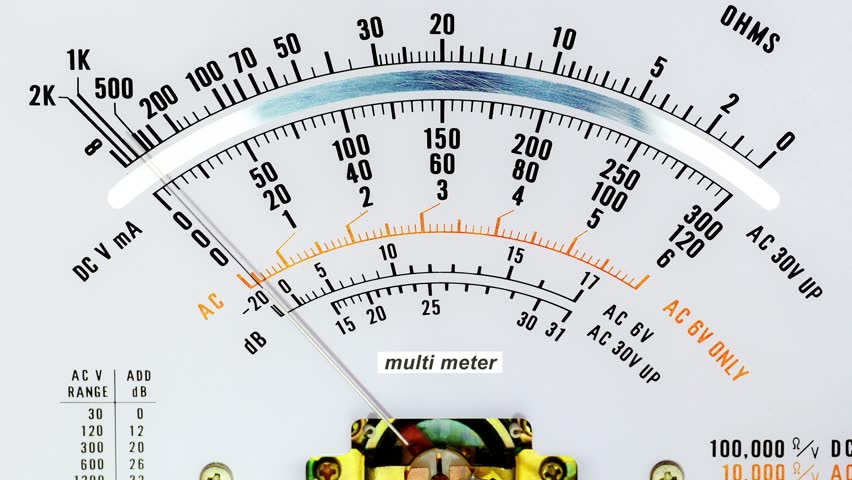
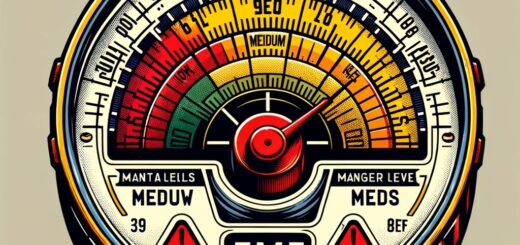
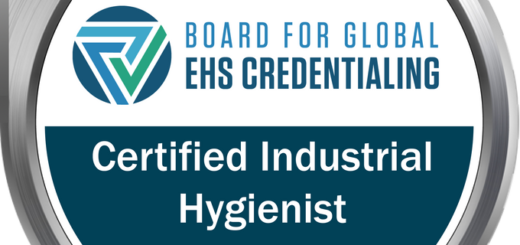
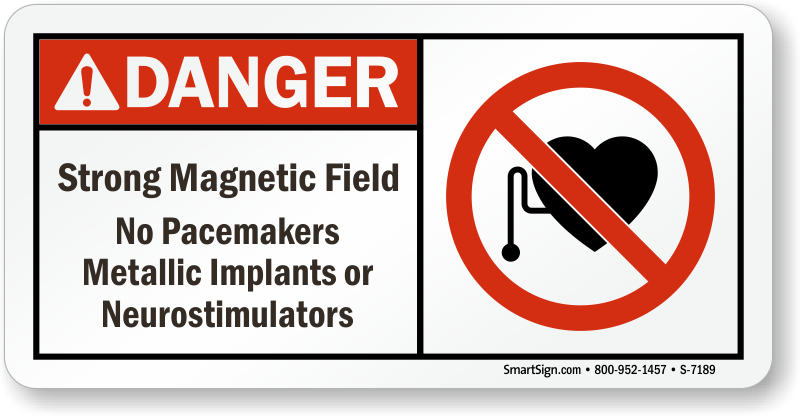
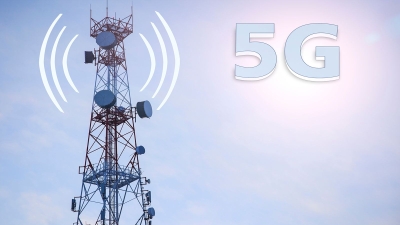
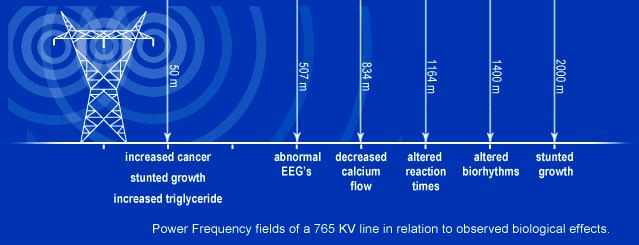
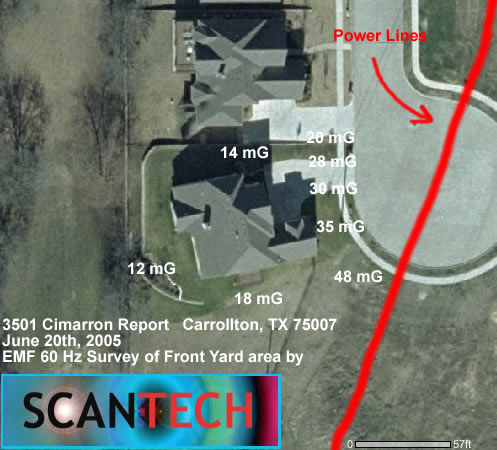
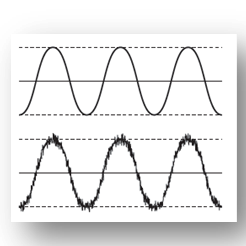
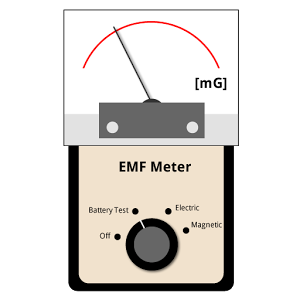
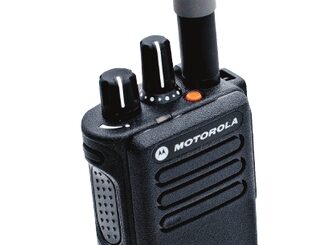

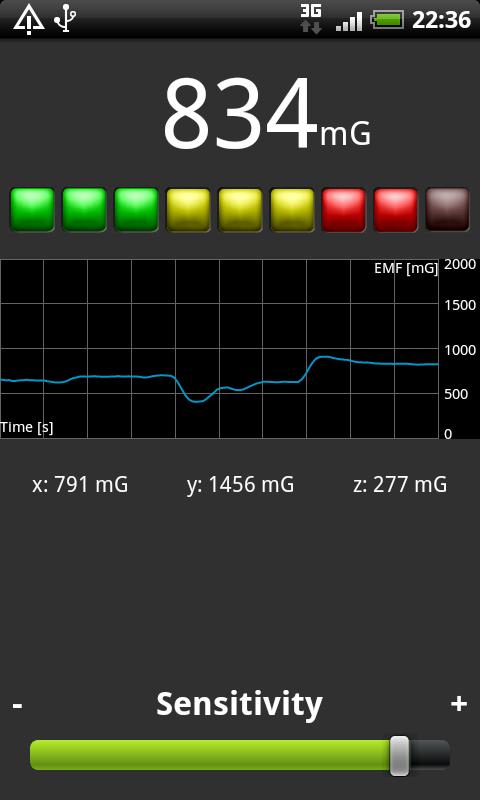
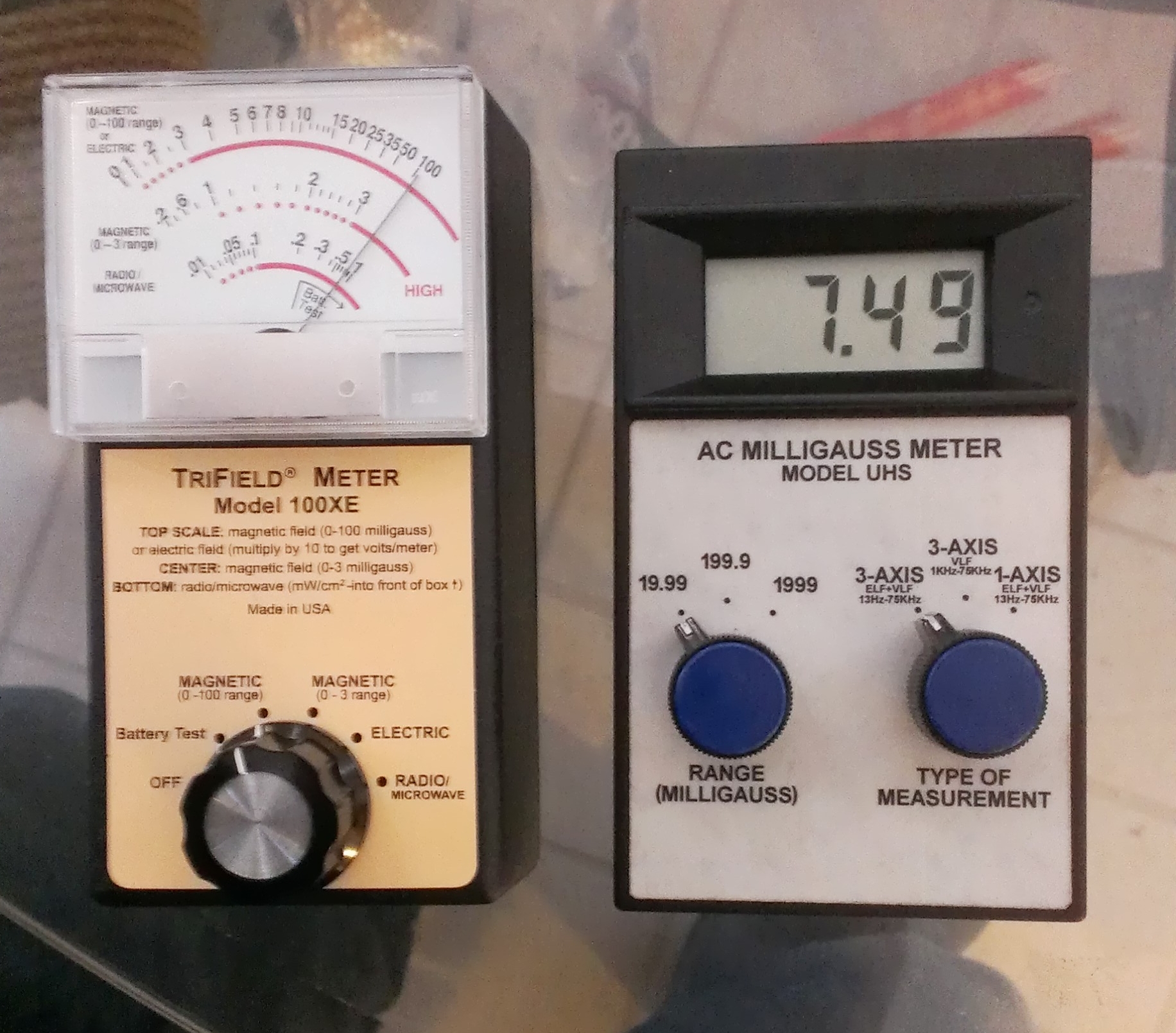
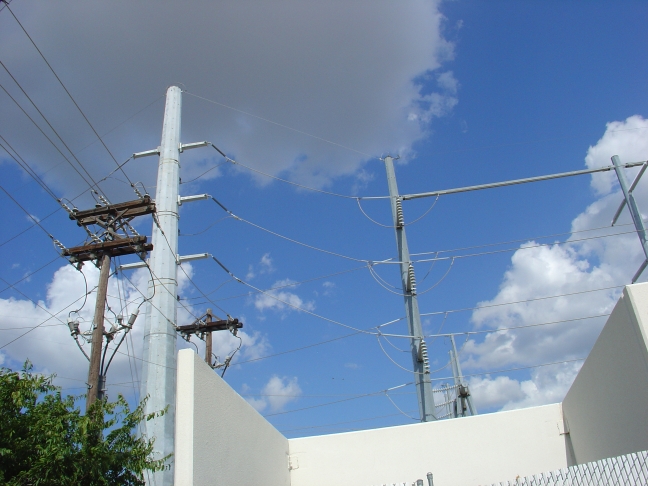
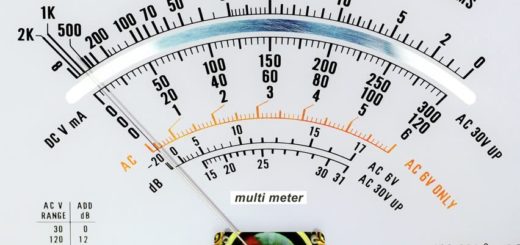
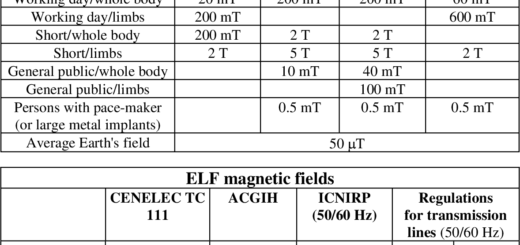
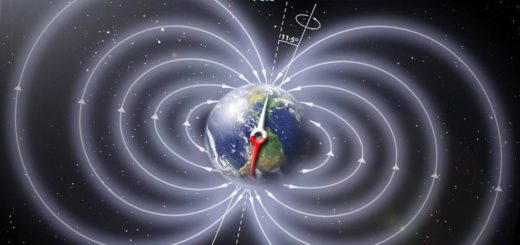
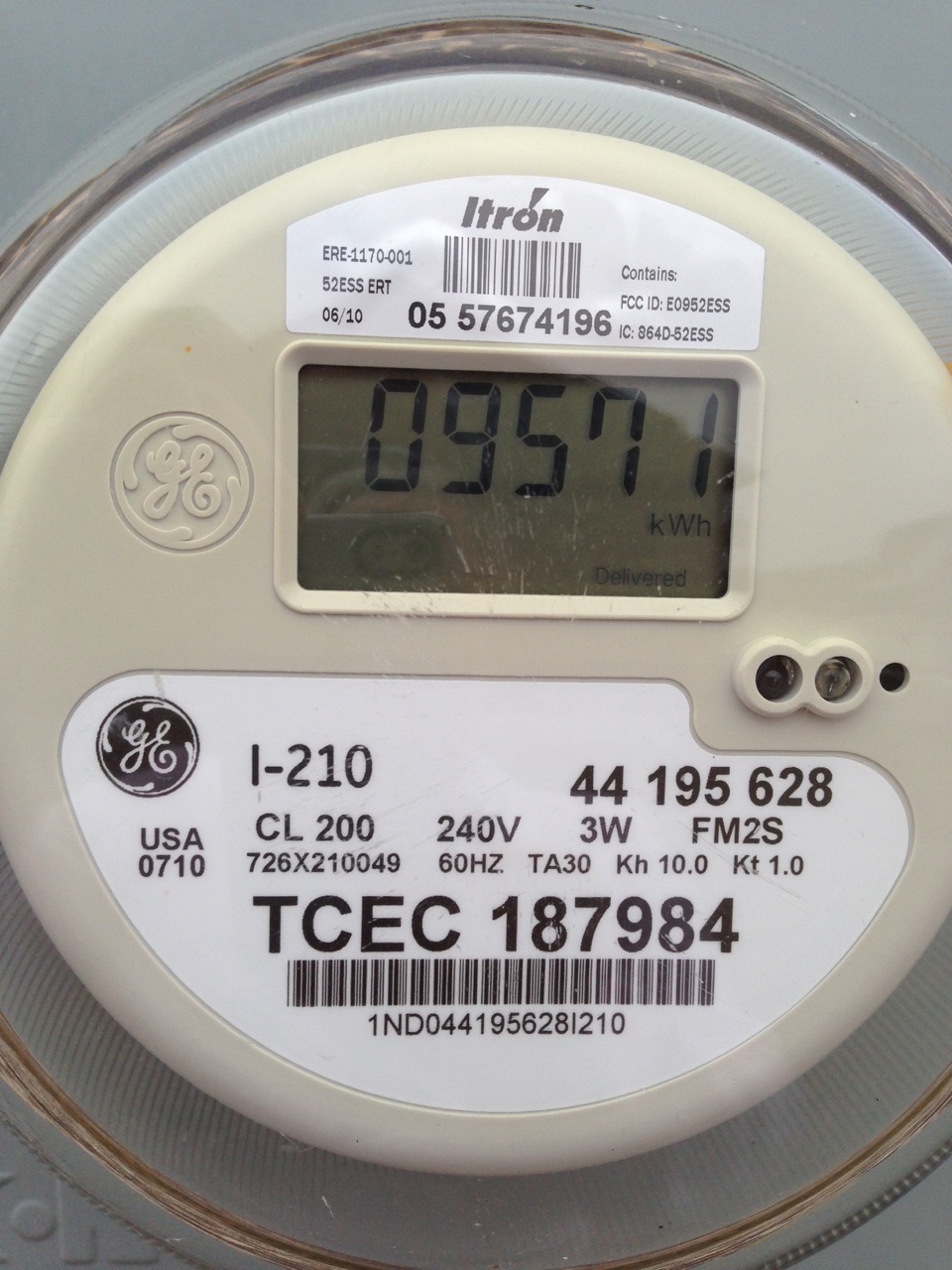



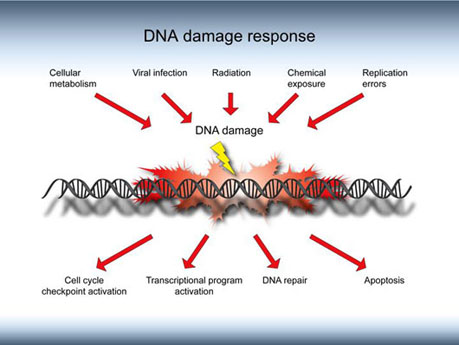
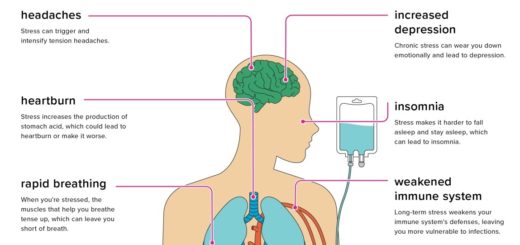
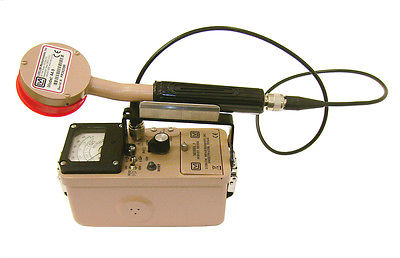
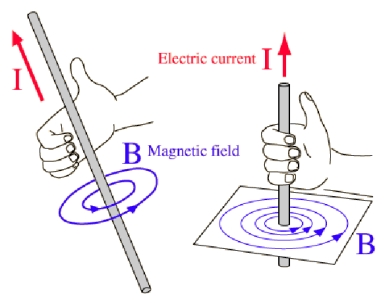
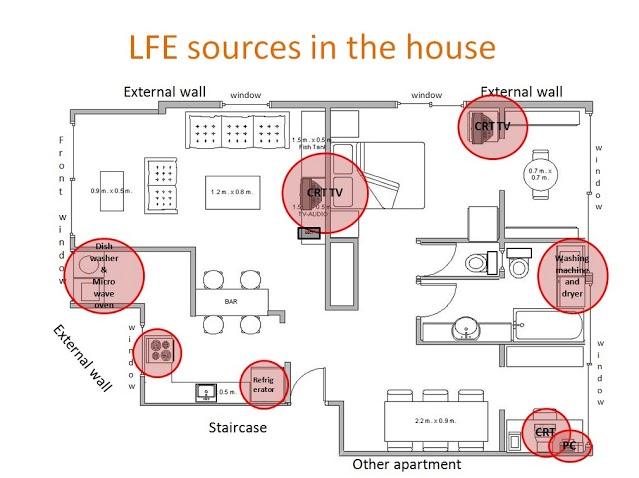
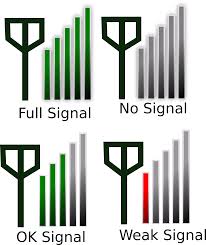
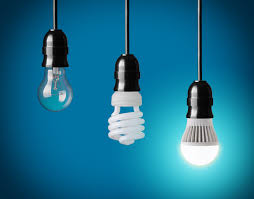
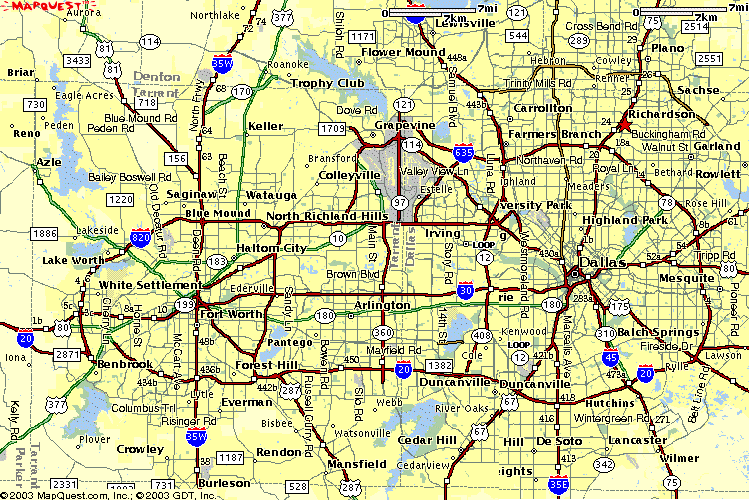
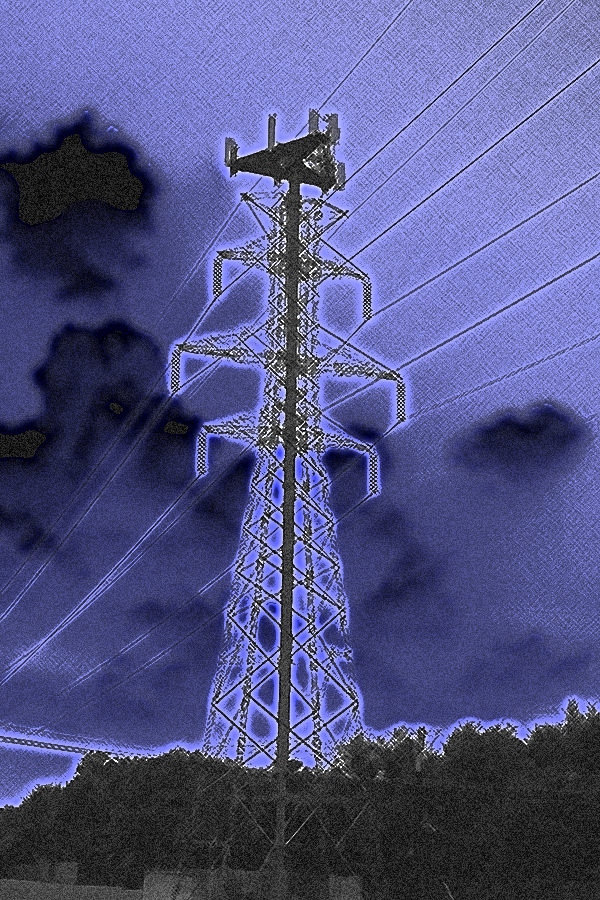

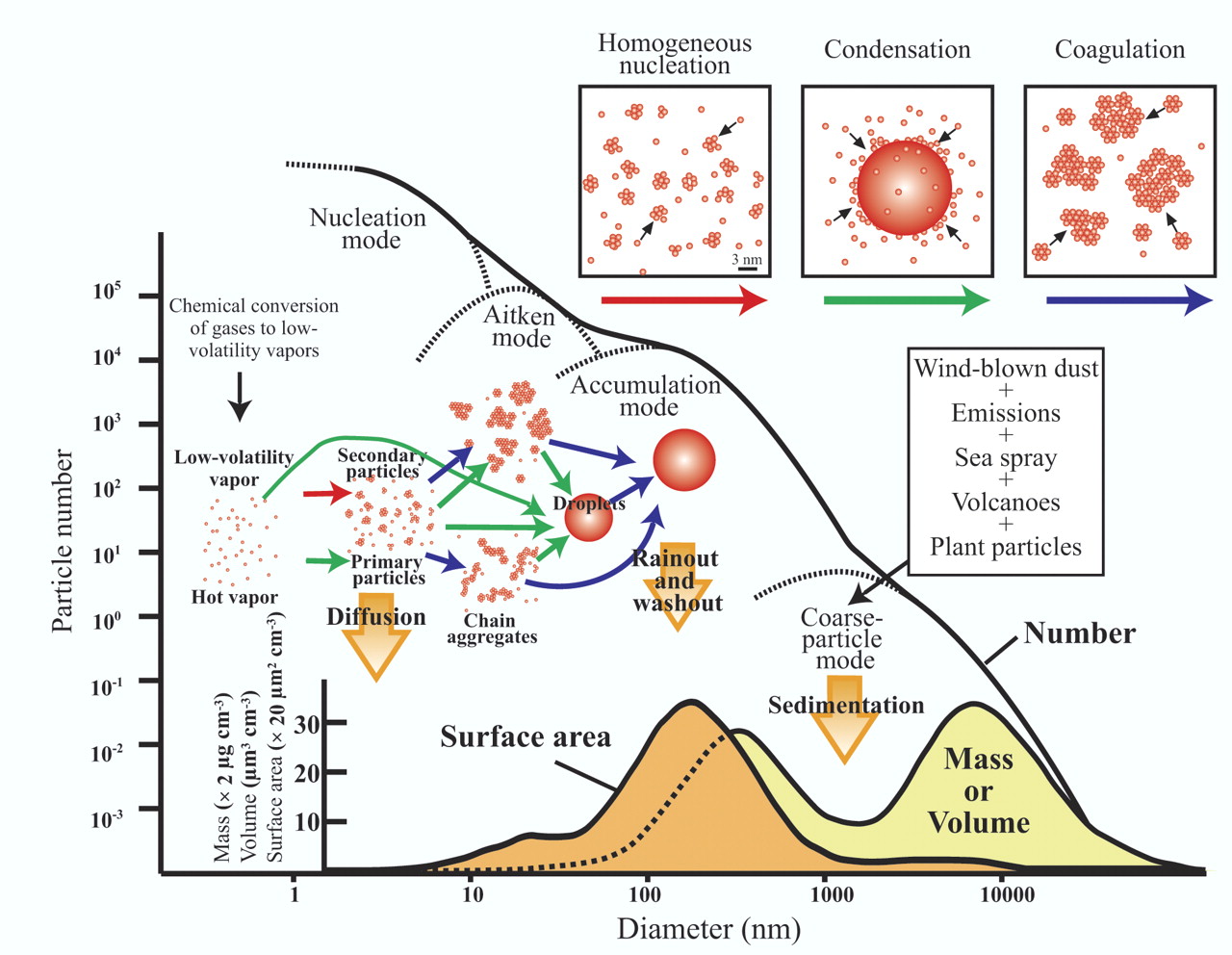
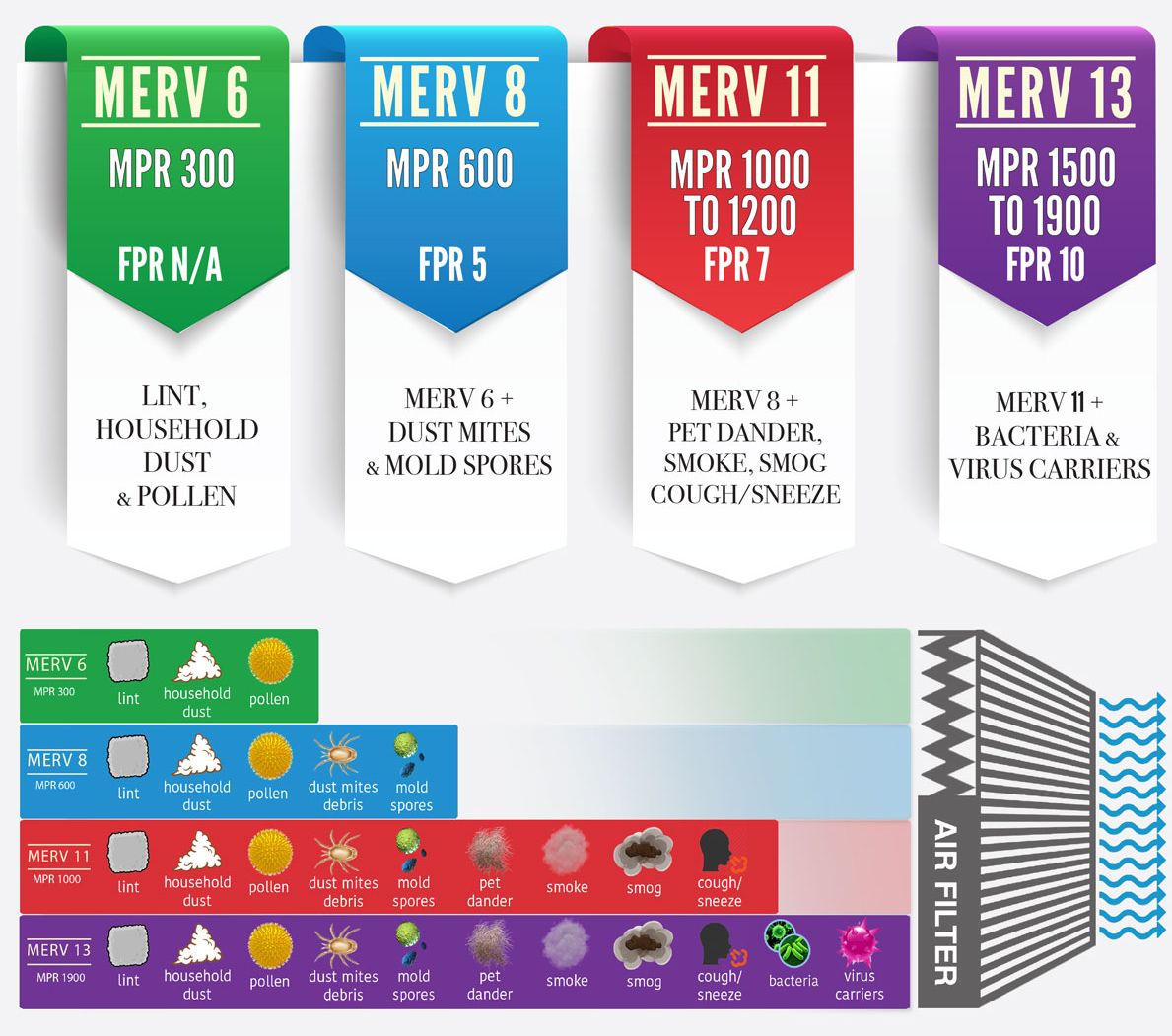
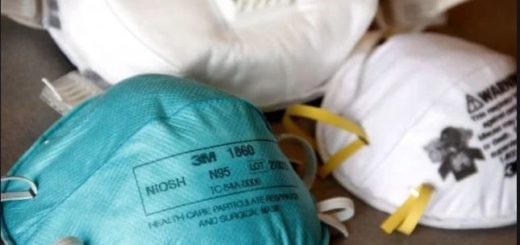
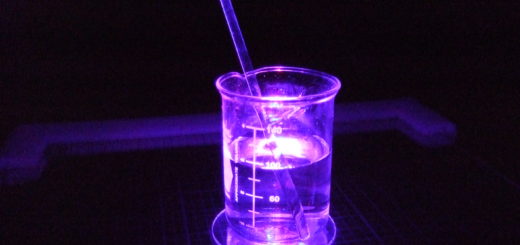
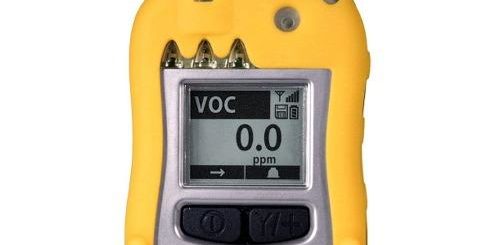
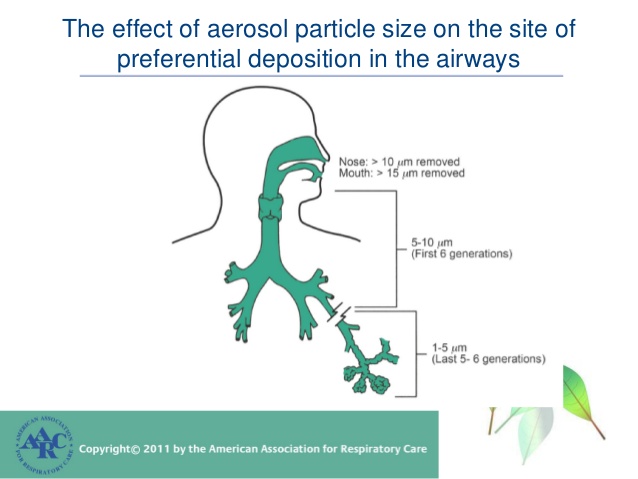
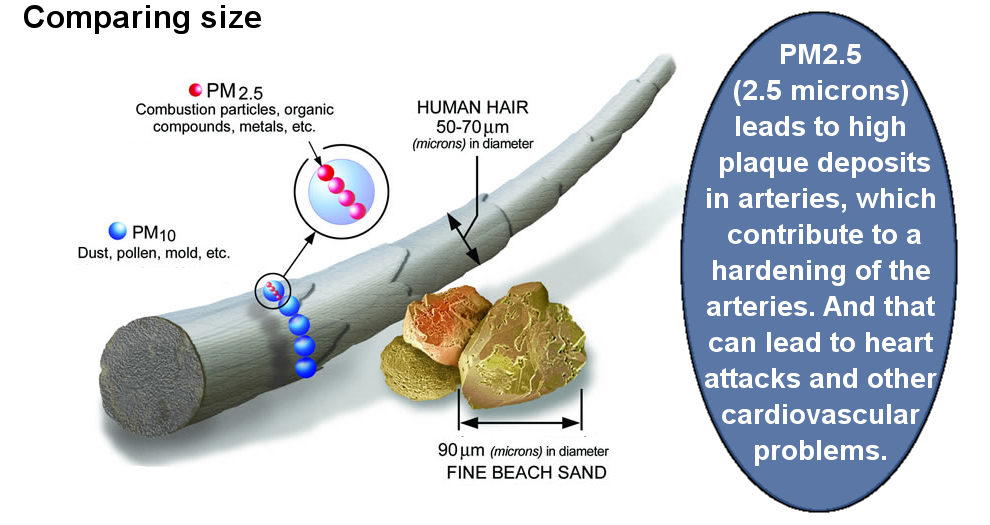
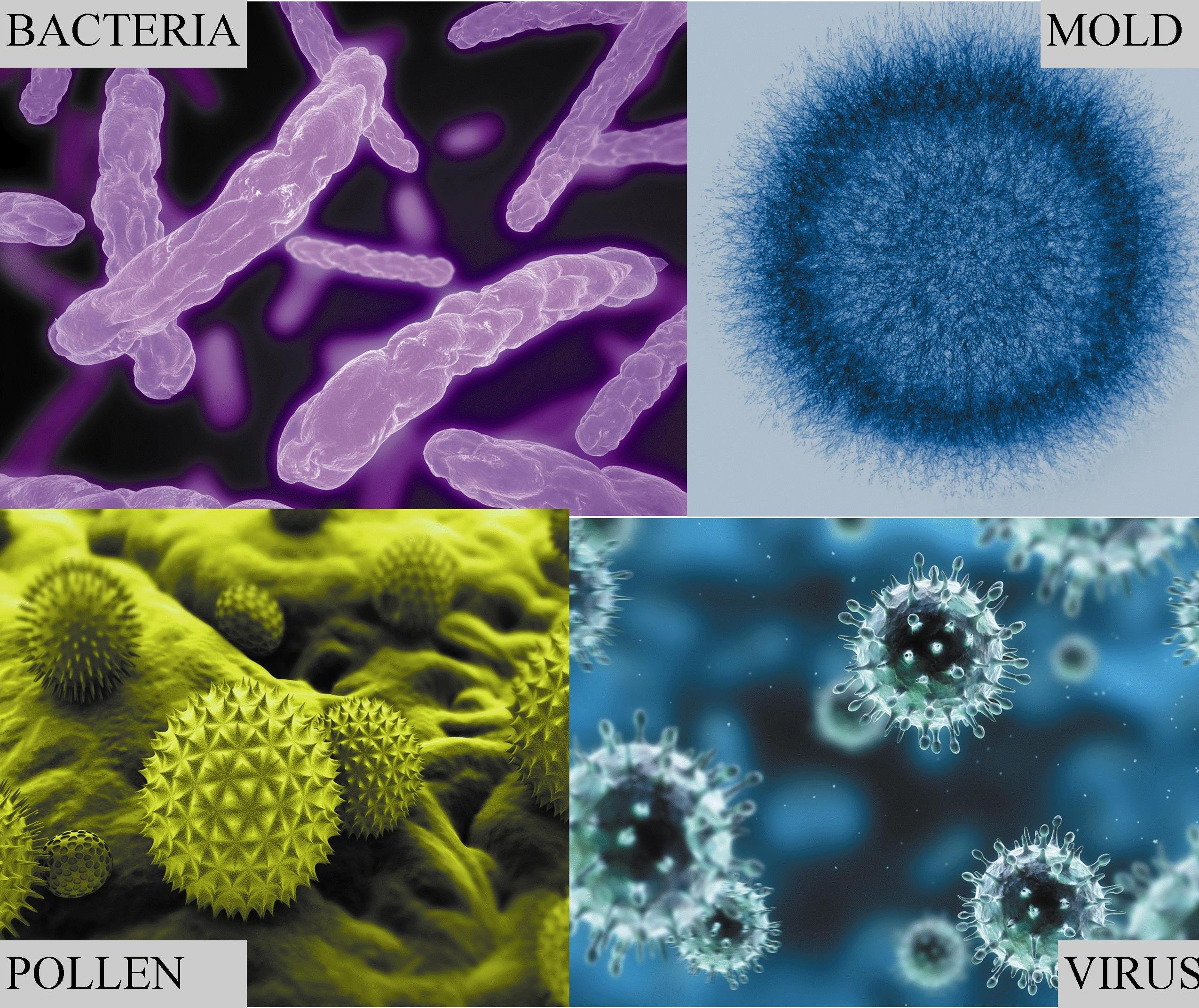
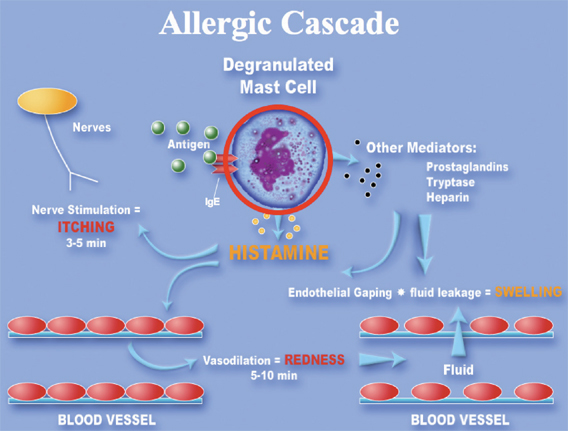
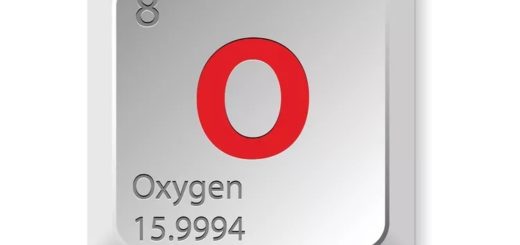
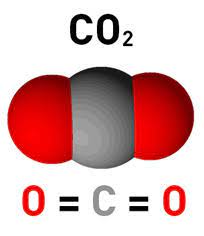
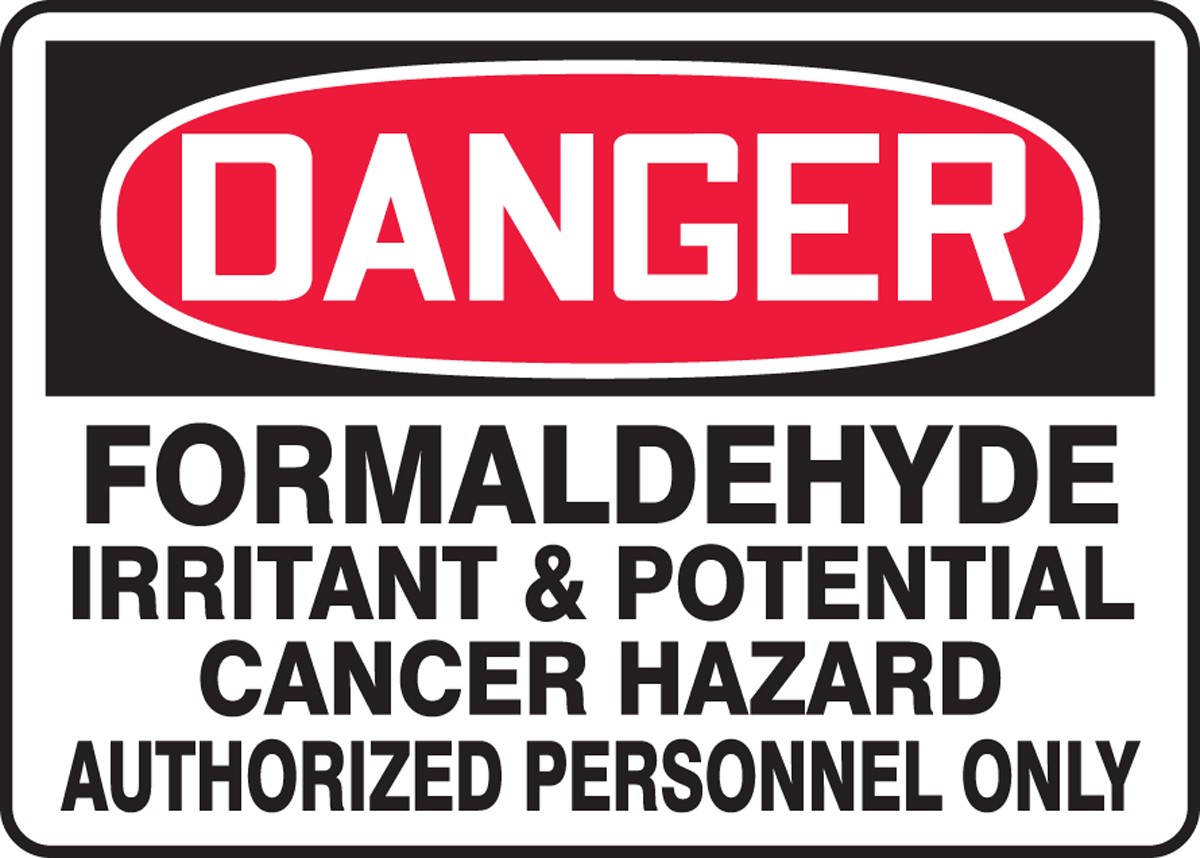
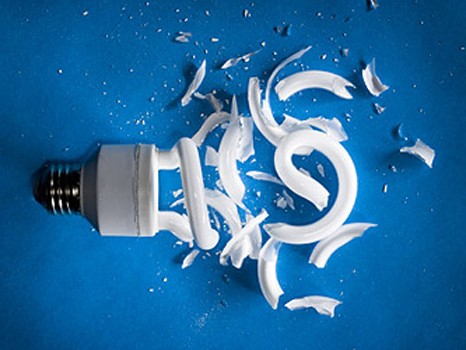
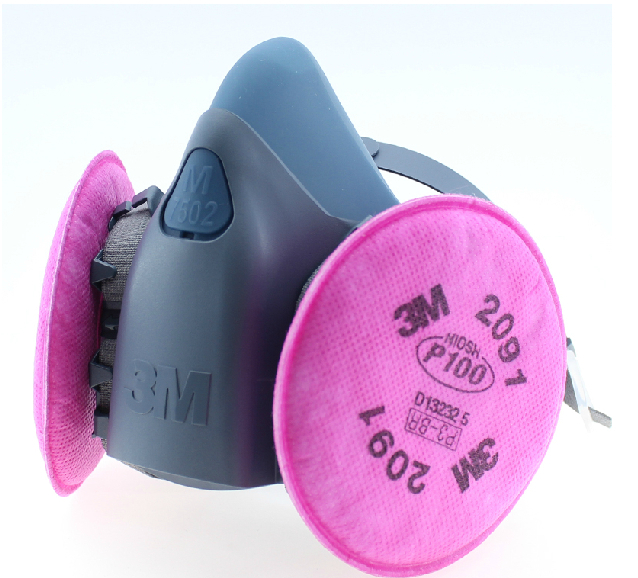
Very helpful post. I agree with you on re cals. Do you know of a reliable calibration service for gaussmeters?
Stuart B
Mr. Stuart B,
Thank you for your kind remarks about my article regarding instrument calibration and the benefits, limitations, caveats, subtle aspects, etc. of having environmental instruments calibrated at appropriate intervals.
To answer your question, I recommend:
ACCURA CALIBRATION
2834 W. Kingsley Rd.
Garland, TX 75041
Tel 972 278 7878
http://www.accuracal.com
ISO 9001, SDVOB